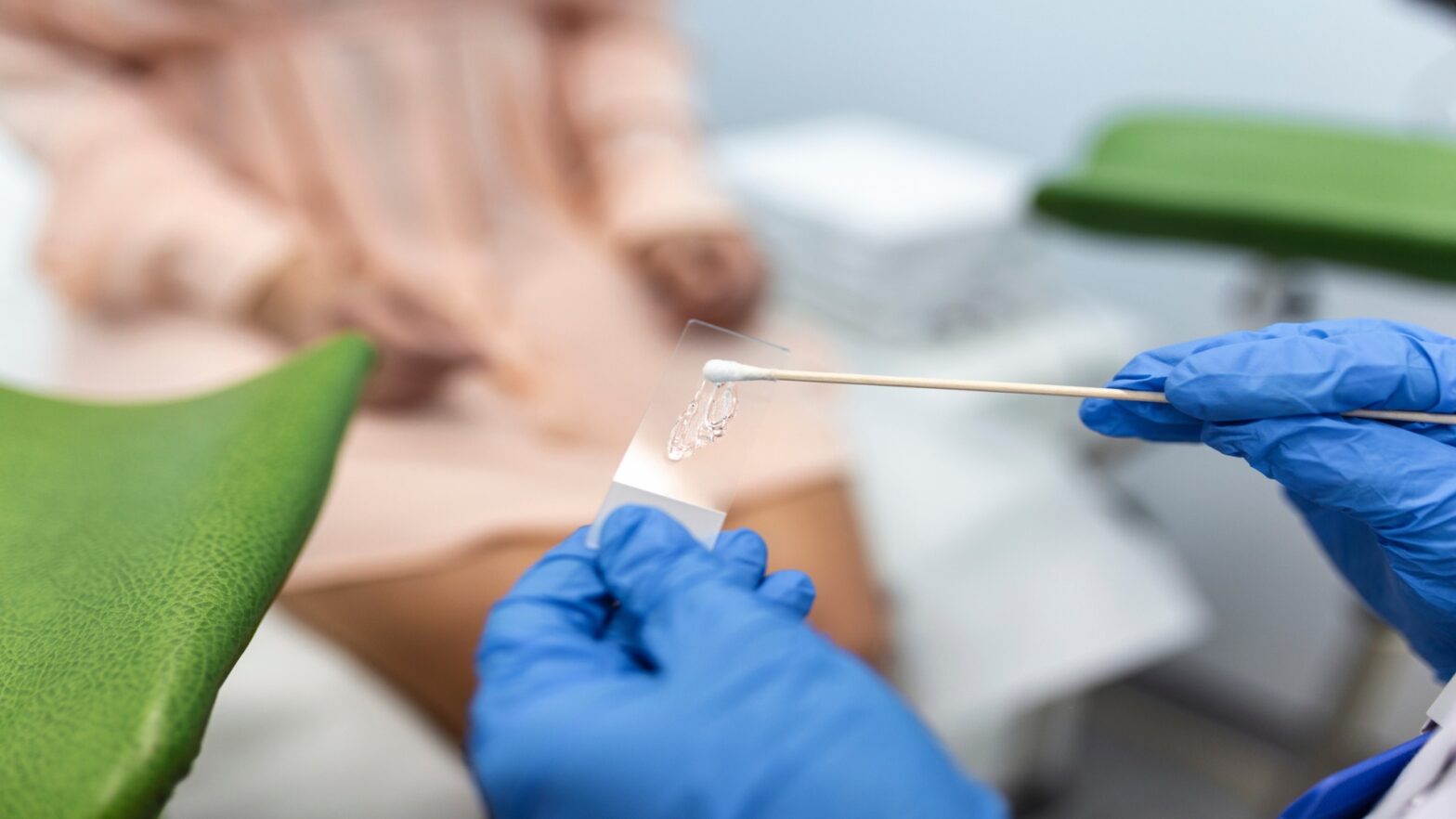Knee replacement surgery lessens knee pain, improves mobility, and gets you back to enjoying the things you love doing. Over 600,000 people undergo knee replacement surgeries yearly in the United States. While severe complications like infections are rare, they occur in less than 2% of the cases, making this procedure safe. And like other medical procedures, it’s vital to familiarize yourself with the potential risks of getting knee replacement surgery. This article outlines nine possible knee replacement surgery complications.
Implant Failure
Knee implants are designed to last long. However, there’s a possibility they might fail. This means the replacement joint won’t function as intended. Knee implants may fail due to a problem with the implant or any other cause. When a knee implant fails, you may experience pain, reduced joint function, stiffness or swelling in the knee joint, or knee instability.
However, the revision surgery is riskier, lasts longer, and is more complex. After an implant failure, you’re eligible for compensation from the medical device manufacturer because it’s their legal obligation to ascertain that their products are safe and free of harmful defects or flaws. For instance, if you used an Exactech implant, and then it failed prematurely, you’re eligible for an Exactech lawsuit. This lawsuit entitles you to damages for corrective surgery and treatment expenses, pain and suffering, and any lost wages or income caused by the knee implant failure.
Blood Clots
Since knee replacement surgery impacts blood flow around the knee, it increases blood clot development risks. This may result in severe complications such as pulmonary embolism, a blood clot in the lungs that can be life-threatening. If a blood clot reaches the lungs, you might experience difficulties breathing, faintness and dizziness, mild fever, rapid heartbeat, and cough that might or might not produce blood.
To reduce blood clot risks, your doctor may prescribe blood-thinning medications or suggest techniques to enhance circulation, including lower leg workouts, support stockings, calf pumps, not sitting still for extended periods, or raising the legs to improve circulation and prevent clot formation.
Anaesthesia Complications
While local or general anaesthesia is usually safe, it might have some side effects. The common ones may include sore throat, vomiting, shivering, pain, drowsiness, dizziness, and discomfort. You may also experience allergic reactions, difficulty breathing, and nerve injury. To reduce the risk of anaesthesia complications, tell your doctor about over-the-counter or prescribed medications you’re on and supplements, tobacco, alcohol, or recreational drug usage in advance because they can interfere with it.
Infection
While infections are rare in knee replacement surgeries, they’re a possible occurrence. They’re a severe complication that may happen when bacteria enters the knee joint after or during surgery. Your doctor can reduce infection risks by sterilizing the operating room environment, using sterilized implants and equipment, and giving you antibiotics. To prevent or manage infection, keep your wound clean, take the prescribed antibiotics, and inform the doctors of any medications you’re on or health conditions you may have. You may also get infected if your immune system is compromised.
Bleeding
Bleeding after and during the knee replacement procedure is normal. However, in rare cases, you may lose a lot of blood during surgery, necessitating a transfusion. After the surgery, blood may pool under your skin, causing swelling. In such a case, you may require another procedure to release the blood.
Constant Pain
Pain is normal after surgery. Nonetheless, it should improve with time. The doctor will prescribe some pain relievers to help manage the pain. If the pain persists, seek the doctor’s advice because you may have a complication.
Knee Stiffness and Loss of Motion
Scar tissue sometimes affects knee motion. Physical therapy and other special exercises can help solve this problem. If you’re experiencing severe stiffness, you may require a follow-up procedure to adjust the prosthesis in the knee or break the scar tissue. Get regular exercises and inform your doctor in advance if the stiffness doesn’t reduce.
Nerve and Artery Damage
Nerve damage may result in loss of movement or feeling in the affected area. Occasionally, surgeons can accidentally cut a blood vessel or nerve running near the knee. Should this happen, you may require a second surgery to repair the damage.
Endnote
While knee surgeries improve quality of life, they may have complications. Familiarize yourself with these possible knee replacement surgery complications and take the necessary precaution.

















